US-led NATO forces beef up security on Belarus border
NATO member states in northeastern Europe have bolstered their military forces on their mutual borders with neighboring Belarus.
Poland, Lithuania and Latvia -- which had already been on alert due to the escalation of tensions amid the war in Ukraine and the deployment of Russian Wagner paramilitary troops to Belarus-- beefed up their military forces on the mutual border with the ex-Soviet state.
Poland’s defense ministry claimed two Belarusian helicopters allegedly violated the Polish airspace during training exercises on Tuesday, which the Belarusian defense ministry denied and dismissed as “far-fetched.”
Minsk had informed Warsaw about the exercise, but a border crossing took place in the eastern Bialowieza region at a “very low altitude, making detection by radar systems difficult,” the Polish defense ministry said in a statement.
Warsaw informed the US-led NATO forces of the incident, which allegedly took place south of the Suwalki gap, a 96km line that is strategically significant to both the Washington-allied and Moscow-allied sides.
Suwalki links the Russian enclave of Kaliningrad to Belarus and it is the only overland connection between the Baltic states and the rest of the EU.
Polish Prime Minister Mateusz Morawiecki said last week that Wagner forces had headed towards the Suwalki corridor via Grodno, a city in western Belarus, in a situation that is “becoming even more dangerous” as Russian-allied forces attempt to increase their presence near the NATO border.
Eventually, Polish Defense Minister Mariusz Blaszczak ordered the country's military to deploy more troops and combat helicopters be deployed along the border.
However, the Belarusian defense ministry strongly denied any violation of the airspace of its neighboring country with its helicopters, saying the US-led NATO forces made up the false claim as a pretext to expand their military presence on their eastern borders.
“The accusations of violating the border of Poland by the Mi-24 and Mi-8 helicopters of the Belarusian Air Force and Air Defense Forces are far-fetched and were made by the Polish military-political leadership to justify the build-up of forces and means near the Belarusian border,” the ministry said on Telegram.
Meantime, Guntis Pujats, head of Latvia’s State Border Guard, told Latvian media on Wednesday that security risks in the immediate vicinity of the Belarus border have been high since Minsk started using migrants as a tool of “hybrid warfare”, and that the risks have grown with the arrival of the Wagner Group.
He said border guards had started training a special task force in response.
Lithuania’s President Gitanas Nauseda echoed similar concerns, saying it would be tempting for the Wagner forces to use its presence near the Lithuanian border “for various provocations”.
“So I think the threat is serious,” Nauseda said during a visit on Monday to a site on the border with Belarus where seven Lithuanian officers were murdered by Soviet paratroopers 32 years ago.
The US ambassador to the United Nations, Linda Thomas-Greenfield, said earlier this week that the United States views the Wagner Group – whose forces have fought in Ukraine and also operated in Africa – as a threat.
“We have seen their malign efforts on the continent of Africa. So we certainly worry that this group, at the behest of the Russian government – because they do not work independently of the Russian government – is a threat to all of us,” Thomas-Greenfield told reporters on Monday.
“And we have to ensure that the message is clear that any attacks by the Wagner Group will be seen as an attack by the Russian government.”
The prospect of Warsaw reclaiming its former territories in modern-day Western Ukraine is becoming a topic of mainstream discussion in Poland, Russian Foreign Ministry Spokeswoman Maria Zakharova said, TASS reported on Wednesday.
"Over the past few years, the theme of historical justice finally triumphing ... has become a topic for mainstream discussion. It’s not just some marginal groups on the fringe who are talking about this, not some closed, clandestine gatherings focused on narrow interests. This is becoming the mainstream," she told Sputnik Radio.
Russian Foreign Intelligence Service (SVR) Director Sergey Naryshkin said at a July 21 meeting between Russian President Vladimir Putin and the permanent members of the Security Council that Poland could move to seize control of Ukraine’s western regions by stationing its troops there.
Israel clearing northern Gaza land for settlements: Report
Gaza deadliest place for journalists and aid workers: UNRWA chief
Israel claims body of final captive recovered from Gaza
VIDEO | Armed gangs in Gaza at center of brewing power struggle over civil administration
3,500 Iranian cultural, media figures support Leader amid Trump’s threats
Hezbollah chief: New US-Israeli war on Iran will set entire region ablaze
UAE says will not allow its airspace, territory to be used for attacks on Iran
VIDEO | Press TV's news headlines


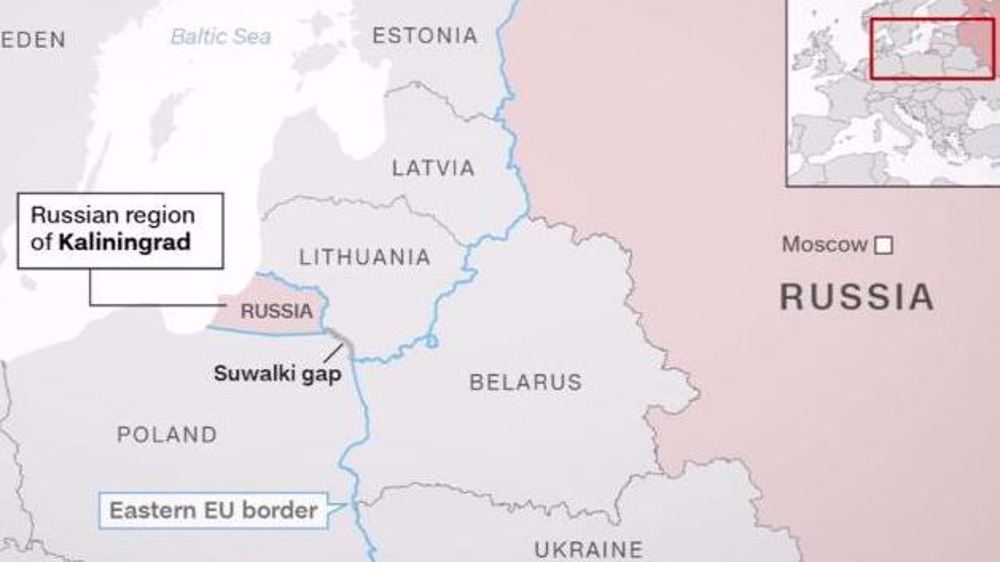
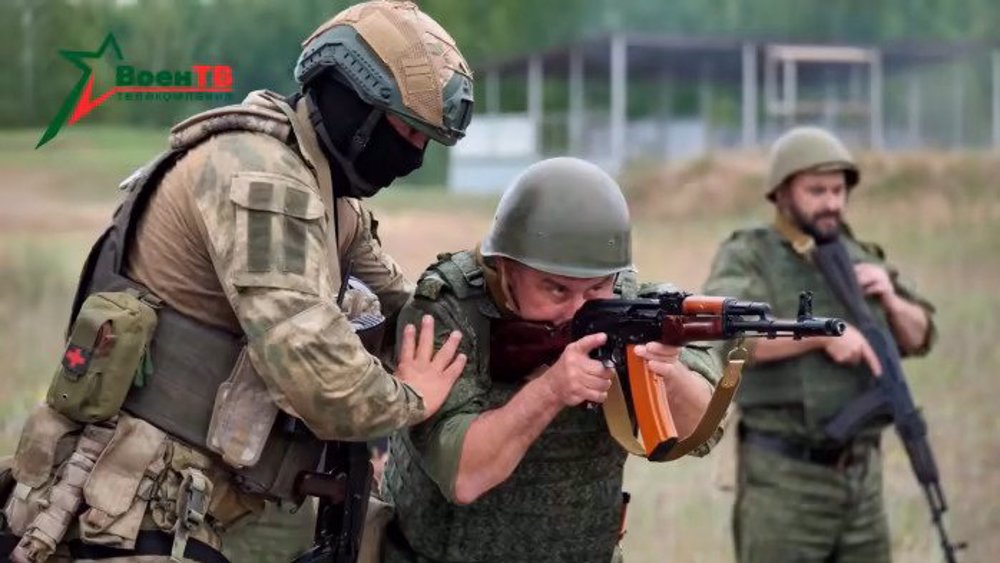
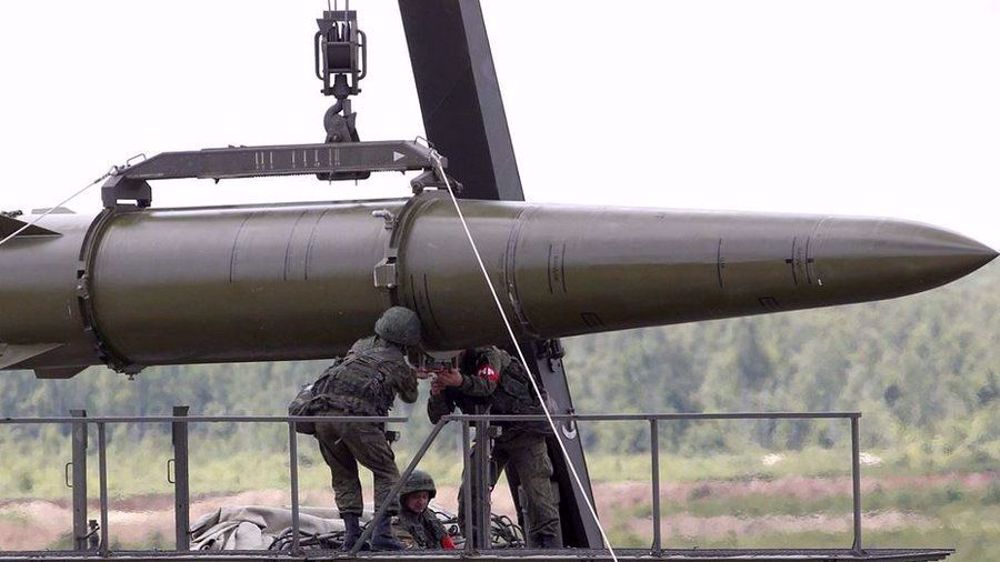
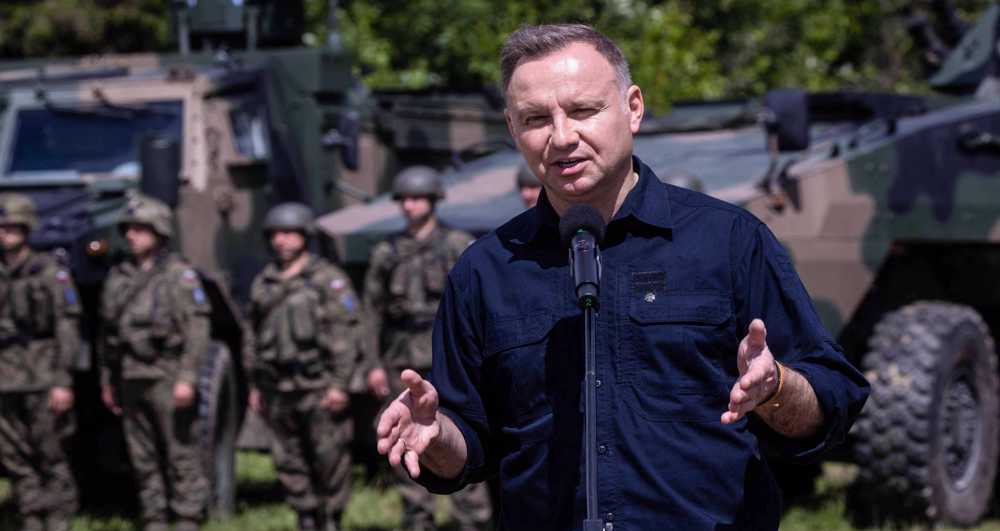
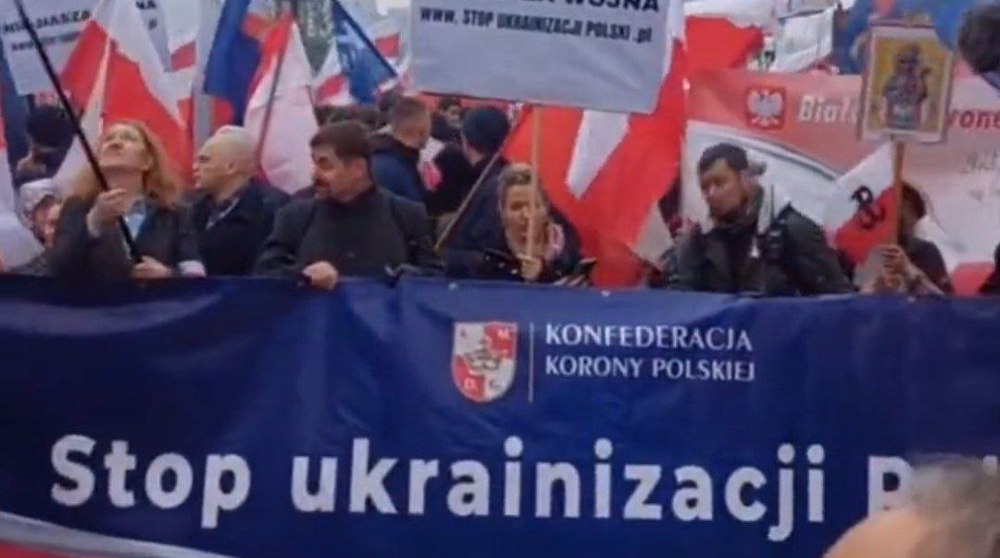

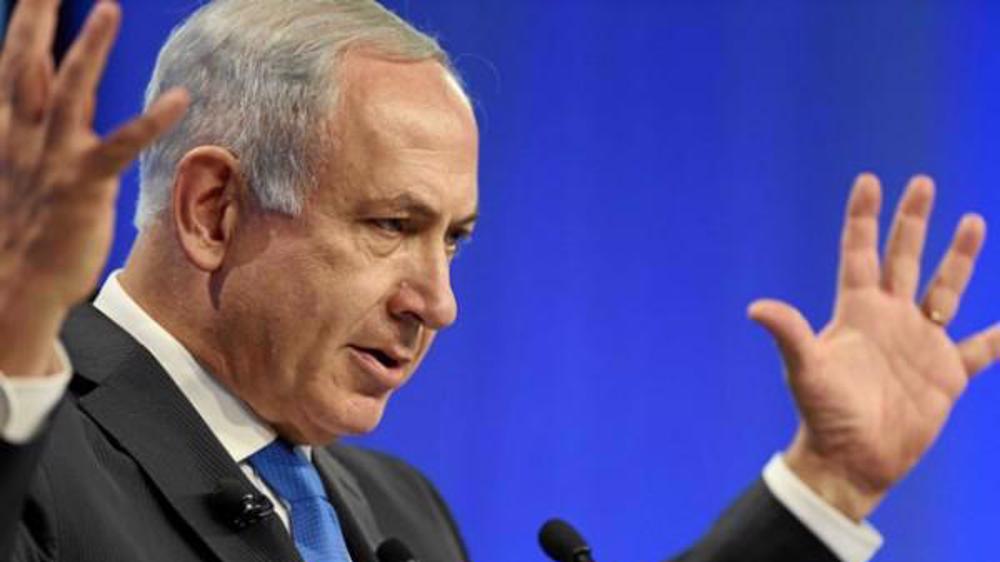
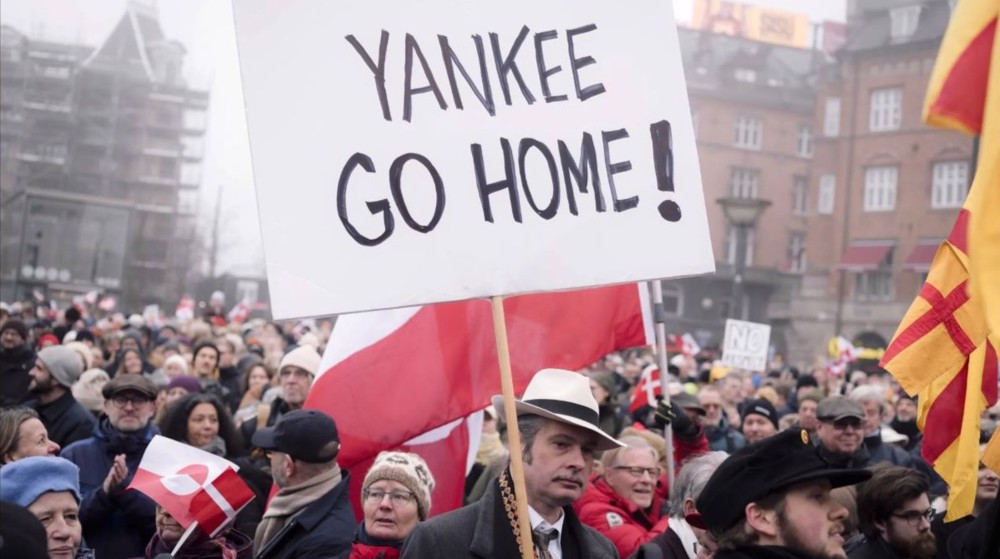



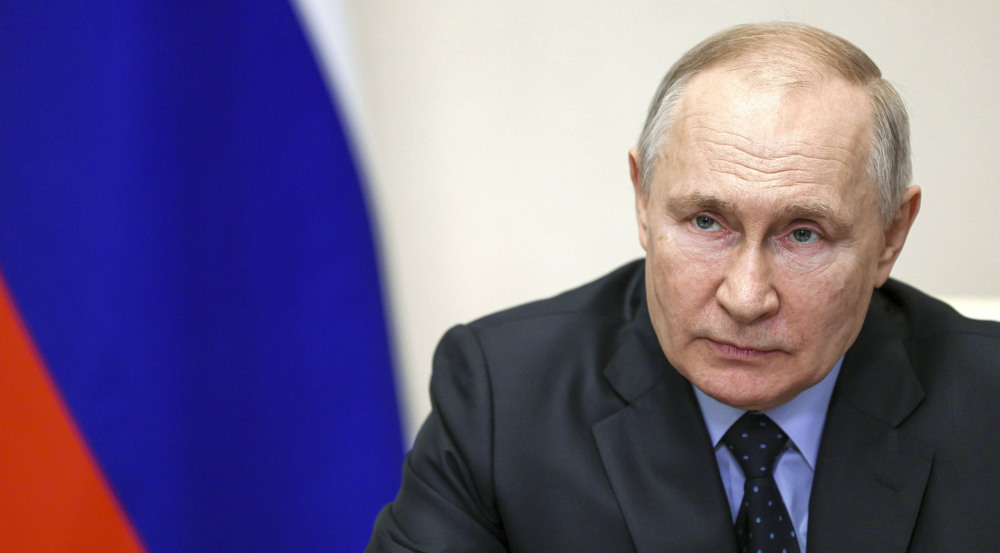
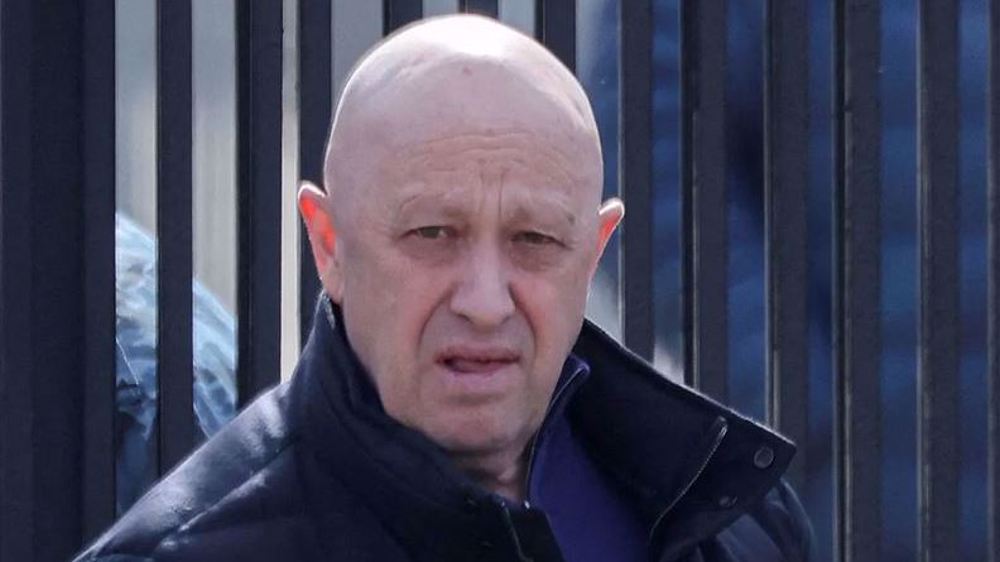
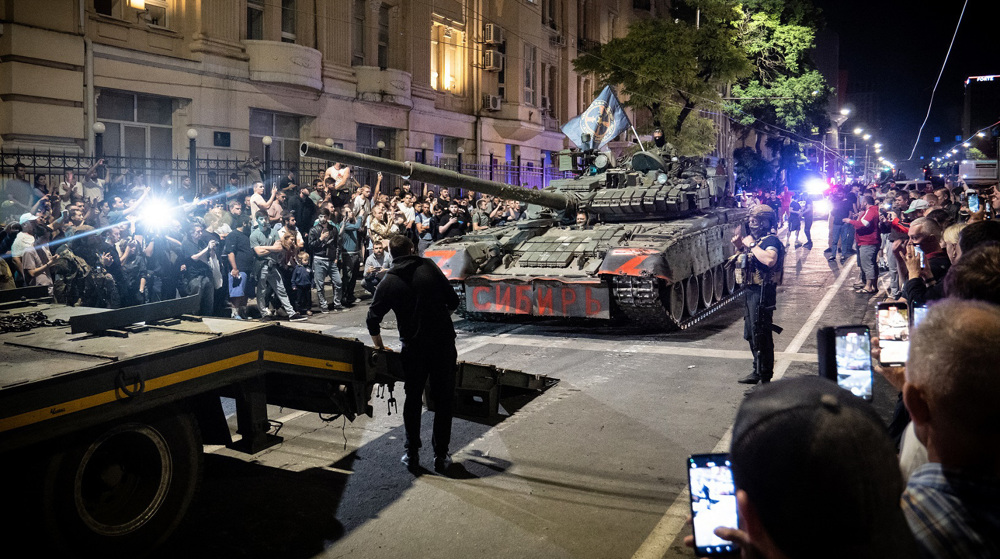


 This makes it easy to access the Press TV website
This makes it easy to access the Press TV website